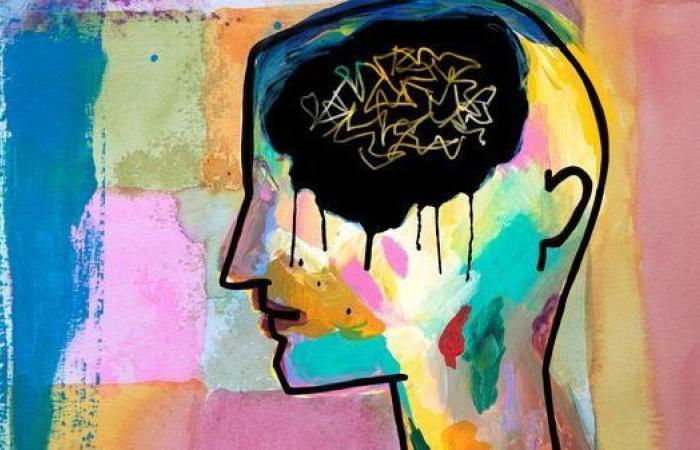
Depression does not necessarily pin its victims to their bed or on their sofa. It can take on many other faces. At least six, according to an American study which “saw” them in the brains of patients using MRI scans. Details from Géraldine Zamansky, journalist at Health Magazine on France 5.
-: The challenge is above all to be able to better adapt treatments?
Géraldine Zamansky : Exactly, that’s the whole point of this research. Not only does it very precisely identify six subtypes of depression, but it also manages to associate them with more effective solutions. This or that medication or, on the contrary, psychotherapy.
The challenge is to reduce the all too frequent failures of first prescriptions, as explained to me by Dr. Leonardo Tozzi, one of the medical researchers at the heart of this study, at Stanford University in California.
His team therefore managed to mobilize 801 patients concerned, at the beginning of their treatment pathway. It was first their brains that were examined using so-called functional MRIs, capable, in very simplified terms, of visualizing the level of activity of neurons.
And this examination therefore showed different disturbances in brain activity?
That’s it. And usually, in this type of research, the volunteers’ only mission is to “think of nothing”. This time, Dr. Tozzi told me that their brains were even deciphered in action, with tests of attention and reaction to emotions. All of this made it possible to distinguish several “profiles” of disturbances. With hyperactivity or slowdowns…
It is impossible to detail the rather complex characteristics of the six subtypes revealed. But their relevance was confirmed by tests, this time carried out outside the MRI. With, for example, a group that is very reduced in its ability to concentrate, which responds very well to a certain family of antidepressants.
Could these become routine diagnostic tools?
So unfortunately, as Professor Antoine Pelissolo, head of the psychiatry department at the Henri Mondor Hospital in the Paris region, confirmed to me, there are not enough functional MRIs in France today. Identifying profiles and especially good treatments will perhaps be easier thanks to tests carried out outside the machine.
But Professor Pelissolo appreciates this progress in the exploration of disrupted processes, with the hope of more personalized, and therefore more effective, prescriptions. And he is not surprised by the good results of behavioral and cognitive therapies for several groups.
These very “practical” strategies can, for example, act on the management of emotions and, on their own, resolve certain depressions. These are courses that are starting to be offered more often, including online.
The study





